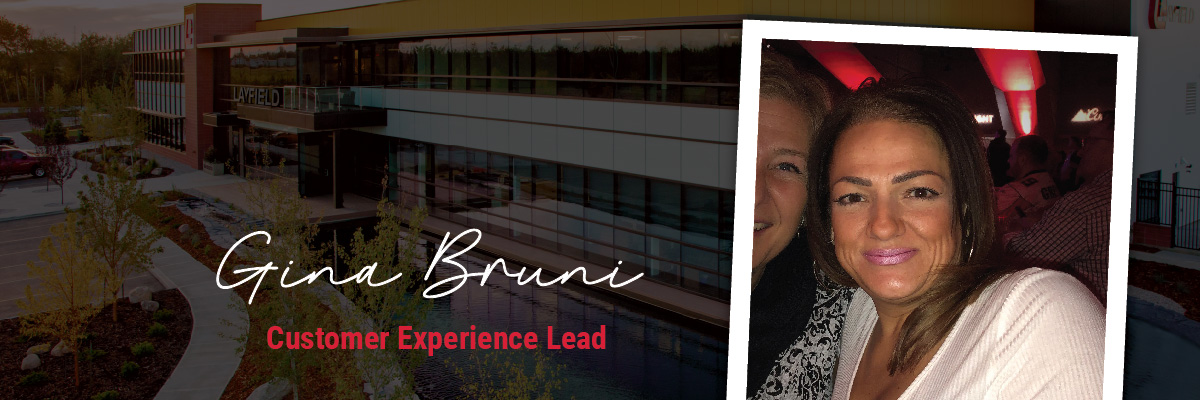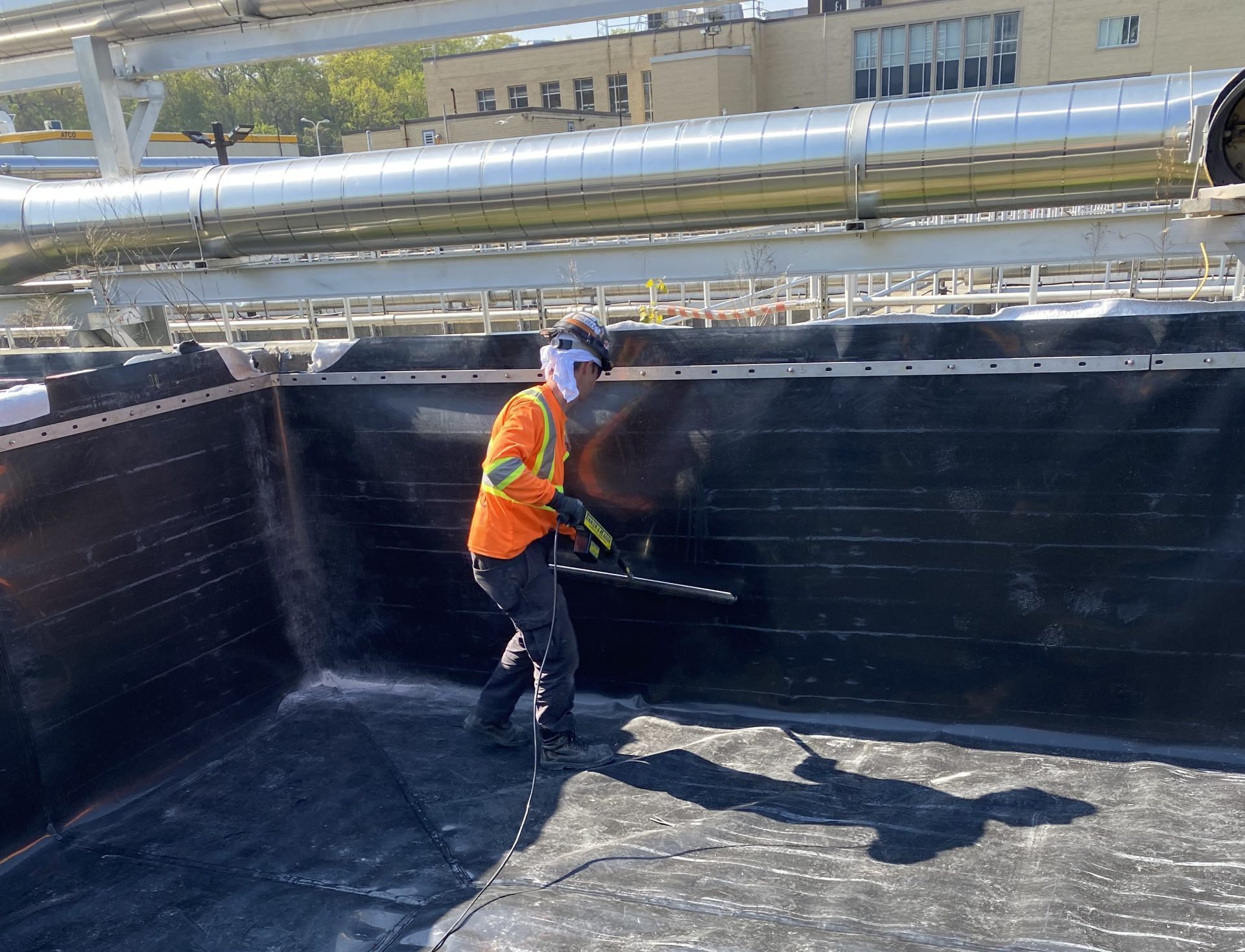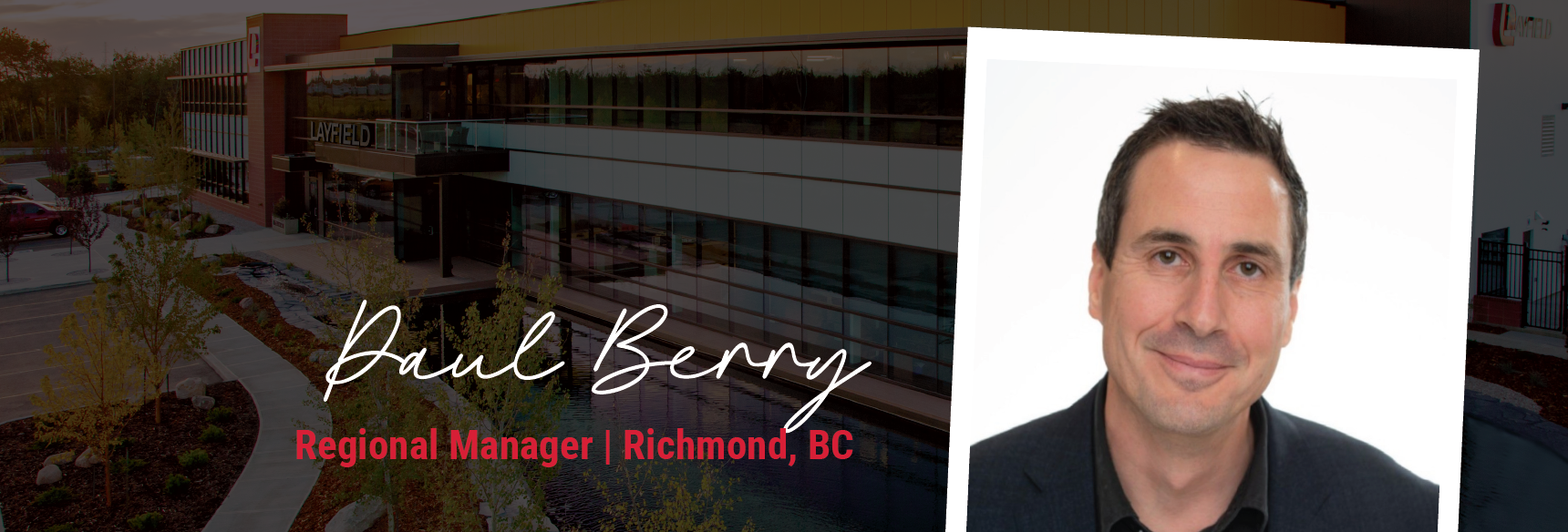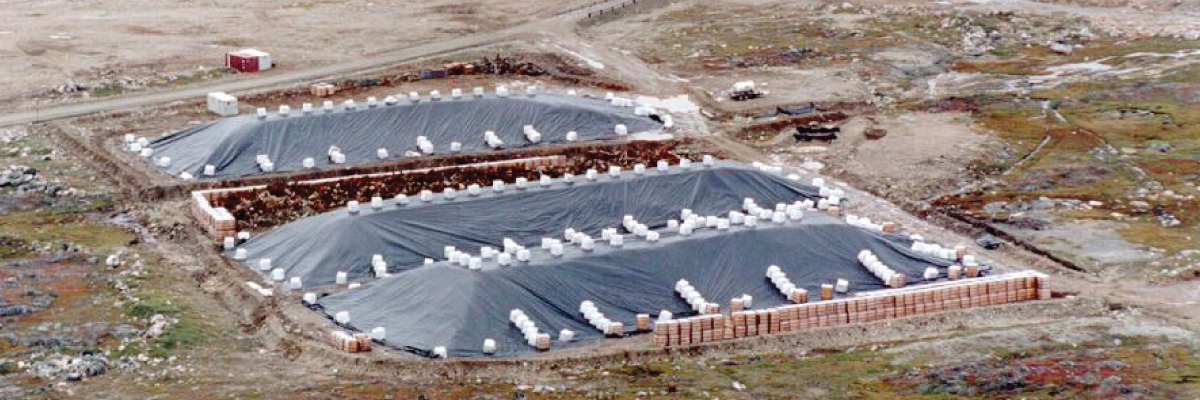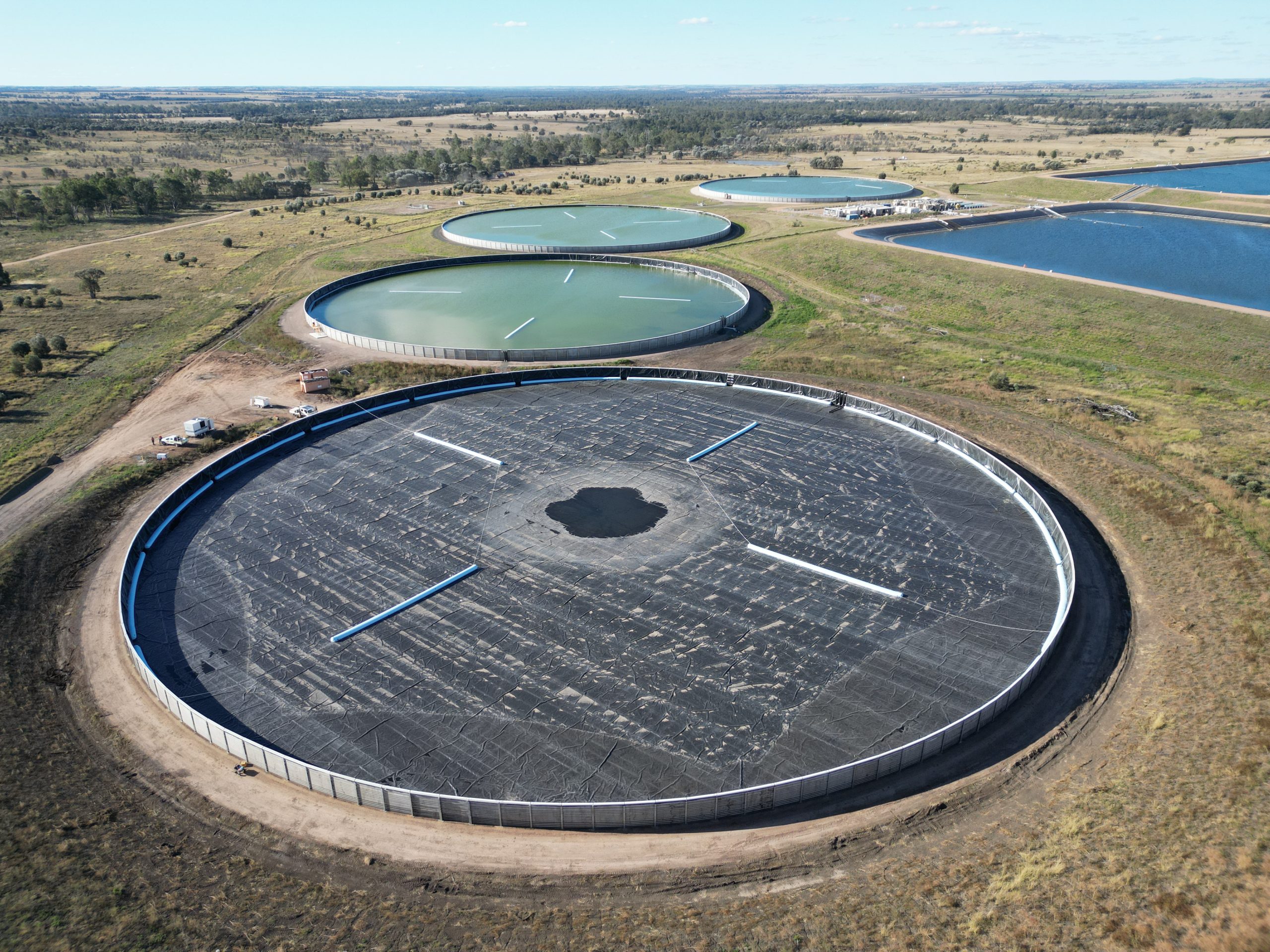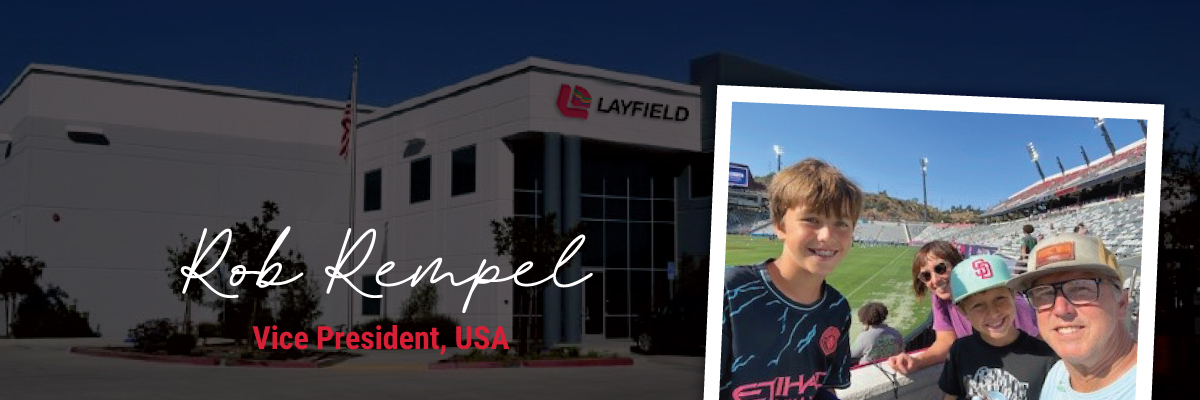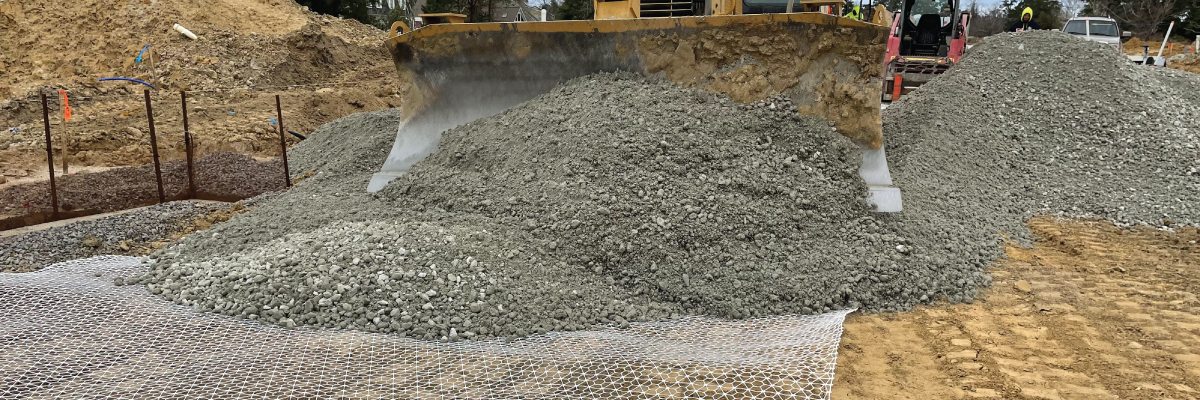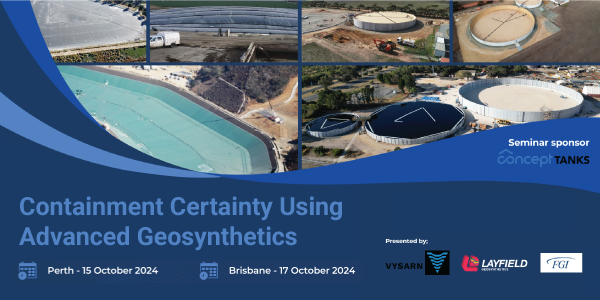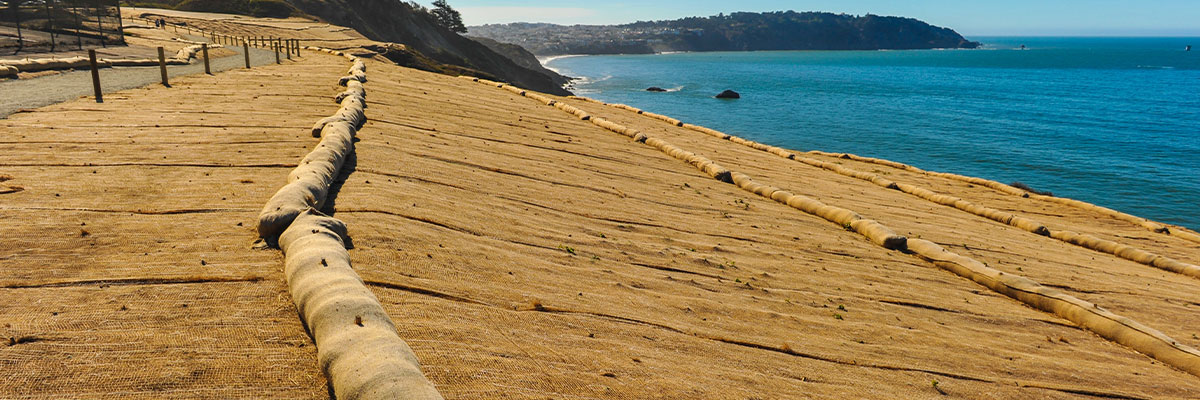Technical Bulletin Provided by North American Green
Why 100% Biodegradable ECBs?
Traditional Erosion Control Blankets (ECBs) are degradable materials that provide temporary cover for mulching and minimization of erosion caused by wind or water. These products are made by enclosing an organic fiber fill between synthetic netting and stitching to form a fabric type material. While completely degradable, sunlight is required to complete the decomposition of the product. Over time, the netting and stitching will degrade, however, when well vegetated, more slowly than desired. In addition to the potential slow degradation issue, the rigid structure of the synthetic net yields greater potential to entrap small wildlife. These factors led North American Green to the development of an improved configuration, the BioNet® Series of products.
Building a Better Biodegradable ECB
North American Green introduced the BioNet® series of 100% biodegradable Erosion Control Blankets as a new, environmentally friendly alternative to synthetic net products. In the development of this innovative product line, a variety of netting structures were researched and the “leno” weave type was found to be vastly superior. The Leno weave netting is constructed with machine direction strands of natural fiber yarn twisted in pairs and the cross-directional strands inserted through the twist opening. This weave interlocks the strands, while allowing some independent movement at the intersections. The final product has dimensional stability across the matting, while allowing strand movement to reduce risk of wildlife entrapment. Since the introduction of the BioNet® products, other manufacturers have marketed similar organic netted ECBs. While at first glance products may look comparable, specifiers must realize these products can be very different in construction. Specifically, some manufacturers opt to utilize “cross-weave” netting. This type of low-cost netting provides less stability at the nodes, allowing excessive movement of the strands and fiber loss. Additionally, some manufacturers may indicate their products are fully biodegradable, but upon closer review of specifications and samples, the stitching thread is synthetic.These products cannot be considered 100% biodegradable. While they may provide a less expensive product, the compromise comes at a cost.
The Price You Could Pay – The Bottom Line
Specifying and supplying product with synthetic components under the false pretense of being 100% biodegradable can have consequence. If the project has environmental or wildlife regulations, product installed with synthetic components could be removed from the site, require replacement, and fines could be issued. To avoid potential litigation, make sure the erosion control blanket specification demonstrates that ALL blanket components are completely biodegradable. Furthermore, for best results, ease of installation, product quality, and in-situ performance, select a 100% biodegradable erosion control blanket that utilizes Leno-weave netting. Lower cost products often cut corners that lead to compliance issues and callbacks.
This article originally appeared on the North American Green Website, www.nagreen.com.
Related Articles
View All News